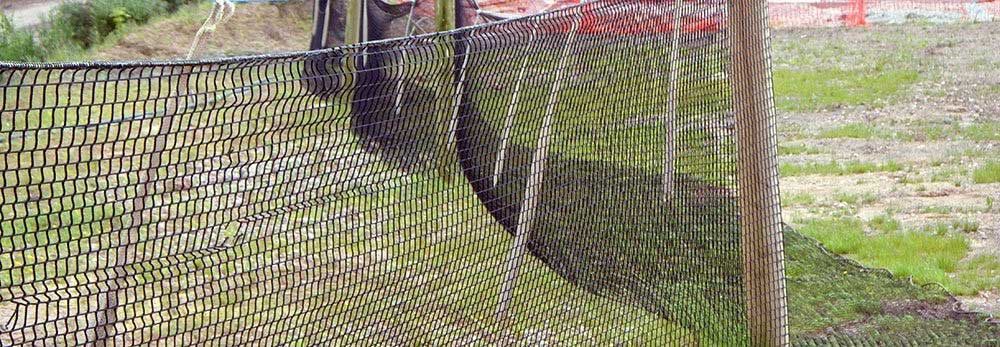Odours as a Statutory Nuisance - When bad smells become a Nuisance?

Statutory Nuisance
Statutory Nuisance is a term in law. As with personal injury; nuisance claims require only an application to the magistrate’s court. Law firms can file group actions to assist local communities.
Householders and action groups are filing more legal claims for nuisance odours. Site operators must be aware of the increase in this legal activity or face fines and legal restrictions of operations.
Local Authorities (LA’s) must investigate odour complaints. If found to be a Statutory Nuisance (SN), the authority has a duty to serve an Abatement Notice (AN). In the UK there is much action being taken to understand the extent of this problem and reduce complaints of odour and other Statutory Nuisances. As with personal injury, prevention is better (and cheaper) than compensation.

Public or Private Nuisance?
Public nuisance: Covers a range of minor crimes threatening convenience, comfort, health, safety, or welfare of communities. Odour by a shopping centre or restaurant zone making shopping or dining highly disagreeable is a public nuisance.
Private Nuisance: Where malodour interferes with a land owner or tenants’ unimpaired possession and enjoyment of their land or reasonable comfort and convenient occupation, this is termed a “private nuisance”.
An example of this would be where local residents cannot sit outdoors in their gardens or leave windows open because the odour from a nearby site is so unpleasant.
Malodours are an example of “mixed nuisance” (public and private).
What can operators do about the smell?
NeutrapakTM granules containing odour neutralisers, supplied in narrow pouches suspended around the area to be treated approximately 2 metres from the floor and at 2m intervals. They can be attached to almost any reasonably stable structure as they are relatively light, no more than 450g / 1lb in weight.
Many natural odour neutralisers exist such as lemons, baking soda, coffee grounds, and vinegars. In industrial settings it is difficult to chop up lemons and sprinkle baking soda. Neutrapak employs this principle on an industrial scale using natural substances to neutralise commonly occurring specific odours. Thus, allowing operators to deal with the odour problems once and for all.
In a recent DEFRA survey, odours were one of the most common statutory nuisance complaints to local authorities. Sewage treatment, animal rendering and food or general waste processing were the most common sources of complaint.
Whether the threat to the business comes from legal claims or local authority restrictions, businesses have a duty to minimise odours from operations using best available techniques. Operators can neutralise the problem with NeutrapakTM.
Contact Renby Now to see how you can Neutralise odours at your site.









